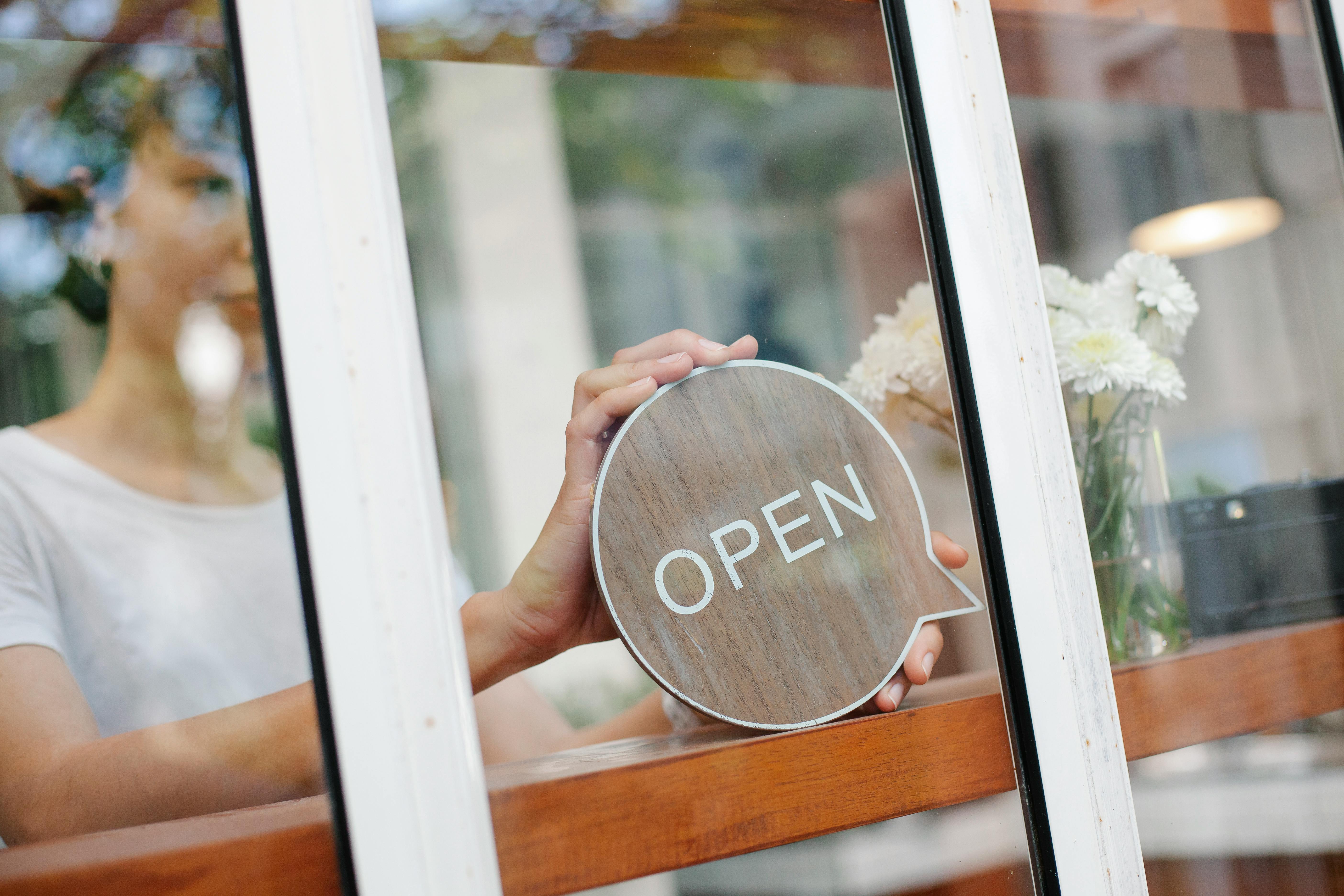 SHARE
SHARE
Secure Digital Transactions: Take These 5 Preventive Measures!
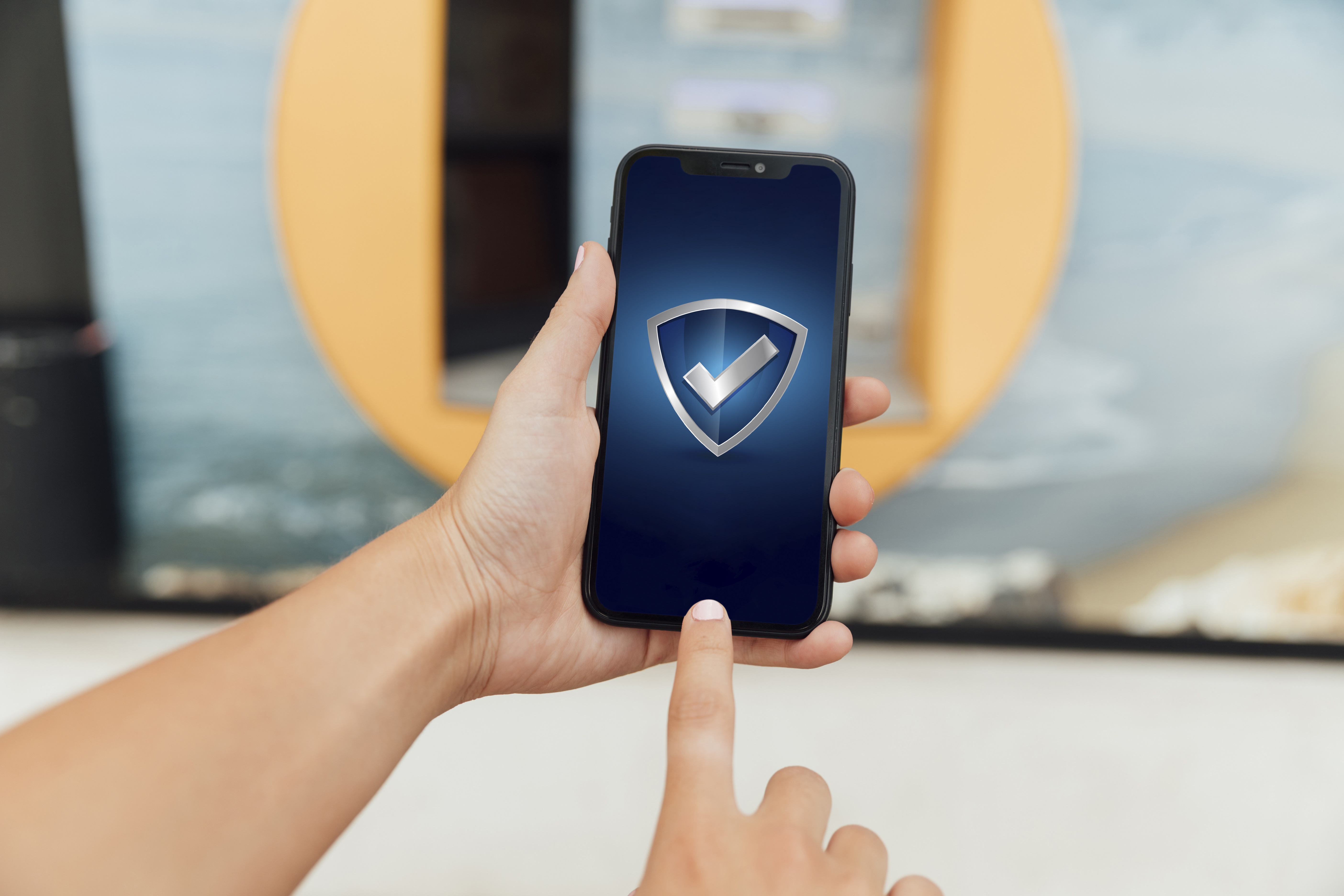
Digital transactions in Indonesia continue to rise. The use of digital banking has experienced a positive growth of up to 158% in the last 5 years (Databoks, 2023). Looking at the long term, digital transactions are predicted to continue rising to reach a value of Rp1.872 trillion by 2027 (International Data Corporation Asia Pacific, 2023).
However, this increase has not been accompanied by security in digital transactions. More than 115 thousand cases of online sales fraud were reported to the Ministry of Communication and Information throughout 2021 (CNN Indonesia, 2021). This indicates that digital transaction security is a significant concern, not only for customers but also for businesses.
Although digital transactions offer convenience compared to manual methods, cybercrimes such as data breaches, scams, digital money theft, etc., need to be prevented. Therefore, it's essential to pay attention to the following 5 important things to make digital transactions safer.
1. Maintain PIN Confidentiality
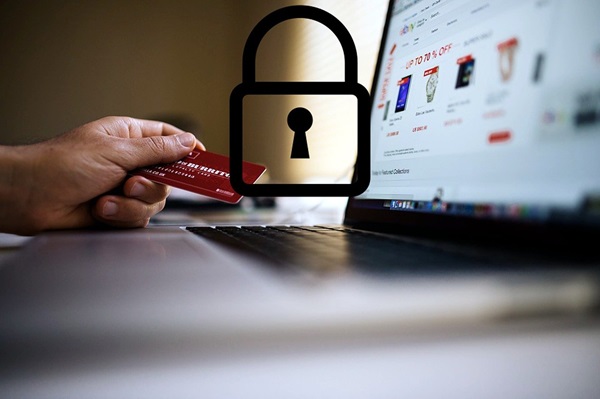
Source: Pixabay
The first point to ensure the security of digital transactions is to maintain the confidentiality of your ATM PIN (Personal Identification Number) or digital wallet PIN. The PIN is personal and confidential. You should not share it with anyone, even close relatives.
Because many online crimes are caused by negligence in maintaining the confidentiality of PINs. The percentage of digital wallet PIN breaches by hackers is 36.6%, the highest compared to bank accounts, internet/mobile banking, and ATMs (Databoks, 2021).
To maintain security, the PIN should be changed regularly to prevent data breaches. This way, you can carry out digital transactions more safely.
2. Don't Give OTPs Carelessly
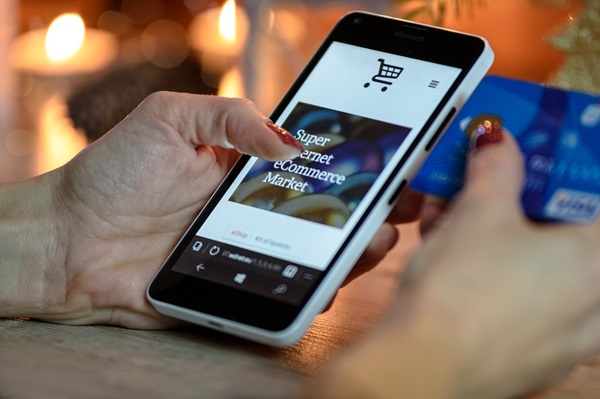
Source: Pixabay
One Time Passwords (OTPs) serve as a dual security system to ensure the safety of digital transactions you make. Many digital services implement the use of OTP codes. Usually, OTP codes are sent via SMS, email, WhatsApp, or phone calls.
Similar to PINs, OTP codes are also confidential. Even banks, customer service, tellers, or other parties should not ask for OTP codes, and you should not give out OTP codes carelessly. This is an important preventive step to ensure the security of digital transactions you conduct.
Don't regret giving OTP codes to just anyone. If OTP codes are leaked, there is a high possibility that the banking applications you use can be hacked by irresponsible parties. So, always maintain the confidentiality of the OTP codes you receive.
3. Use Joint Accounts
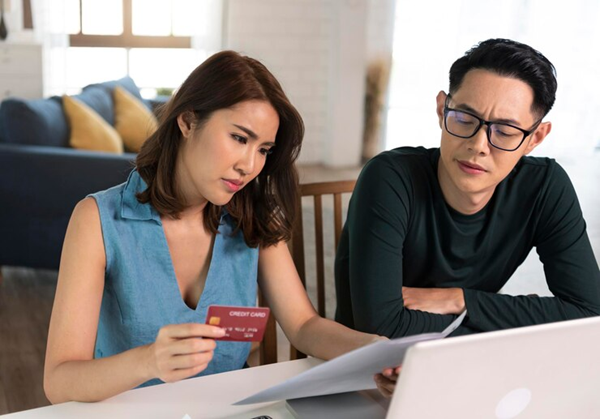
Source: Freepik
Digital transactions are often used in online payment processes. To ensure safe transactions and avoid fraud, it is advisable to make payments through joint accounts. Joint accounts serve as intermediaries between parties I and II who use third-party fund storage facilities to conduct digital transactions.
Currently, many marketplaces provide joint account service features. Where buyers deposit funds into a joint account, but the funds are not processed directly by the third party until the seller sends the goods to the buyer.
If the goods sent receive a response from the buyer, the funds can be withdrawn on the same day. However, if there is no response from the buyer, fund withdrawals are delayed for several days following the buyer's decision or according to an agreement between both parties.
Using joint accounts like this can guarantee security in digital transactions, so both buyers and sellers feel safer and more comfortable without fearing fraud or deception.
4. Monitor Transaction Notifications
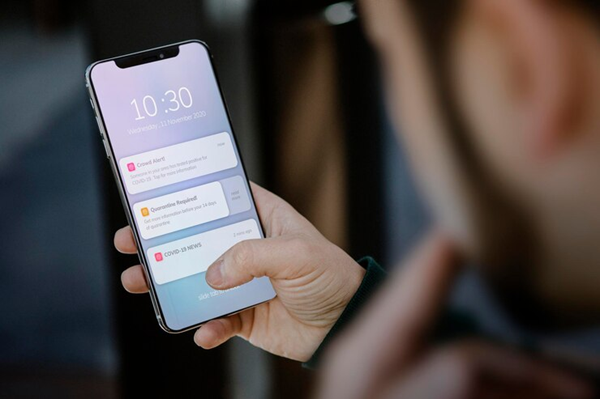
Source: Freepik
Generally, digital transactions are supported by notification delivery services to the device you use. It's best to double-check if the notifications received are indeed from the transaction. Additionally, ensure that the amount is correct and that you did indeed make the transaction.
If you receive notifications of digital transactions that you never made, immediately contact the service provider. You can request to track the transaction. Additionally, you can freeze your account if the transaction withdraws funds from your account.
5. Avoid Using Public Networks
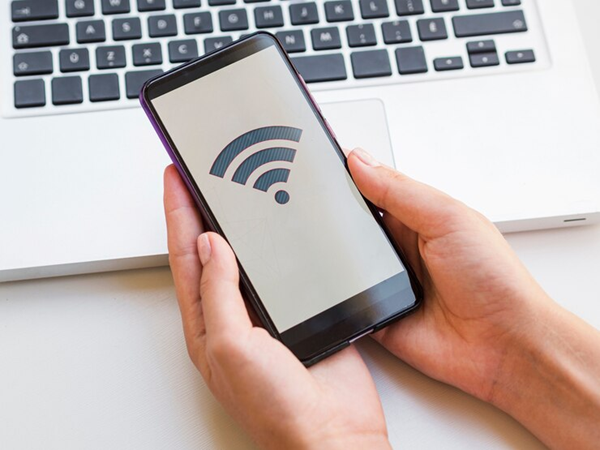
Source: Freepik
When conducting digital transactions, it is best to use a private WiFi network and avoid public networks, especially when you are in areas like cafes, restaurants, or other public places. Through public networks, connected data can be easily hacked, increasing the risk of personal data breaches.
When opening specific links, websites, and conducting digital transactions using public networks, malware can spread and collect all data. If there are specific passwords, PINs, or OTP codes that may be stolen, there is a possibility of strange digital transactions occurring even if you did not initiate them.
Therefore, make sure to take the preventive steps above to prevent data theft in digital transactions.
 SHARE
SHARE




